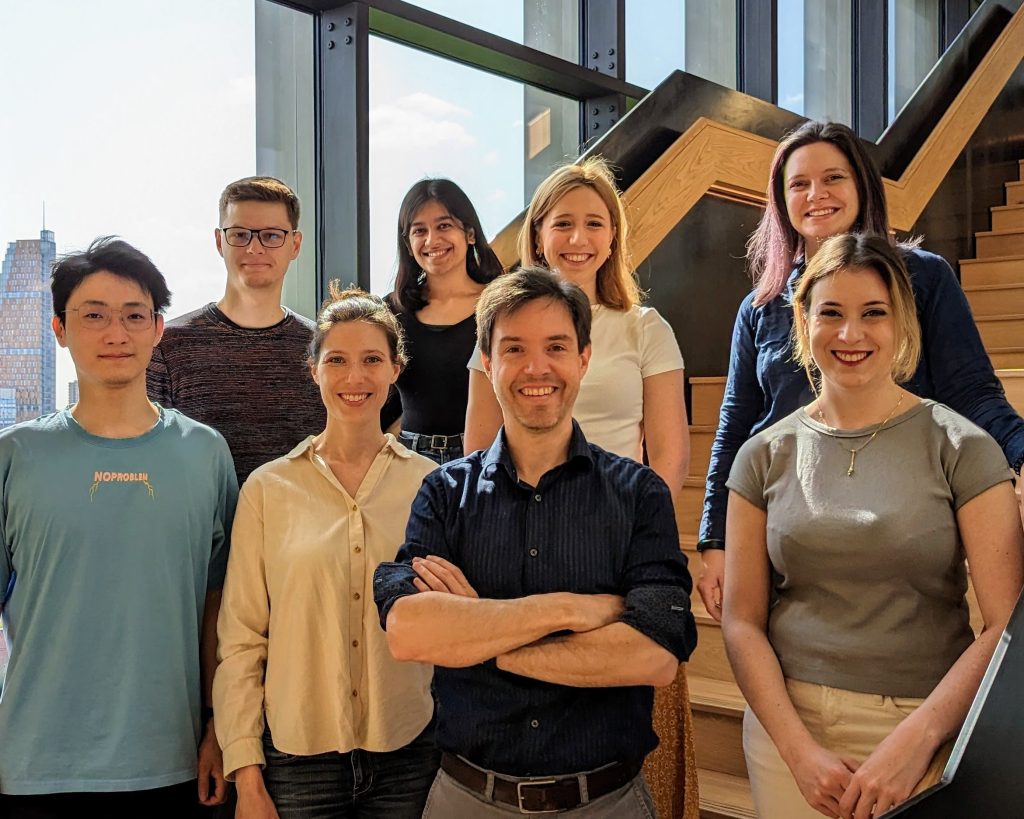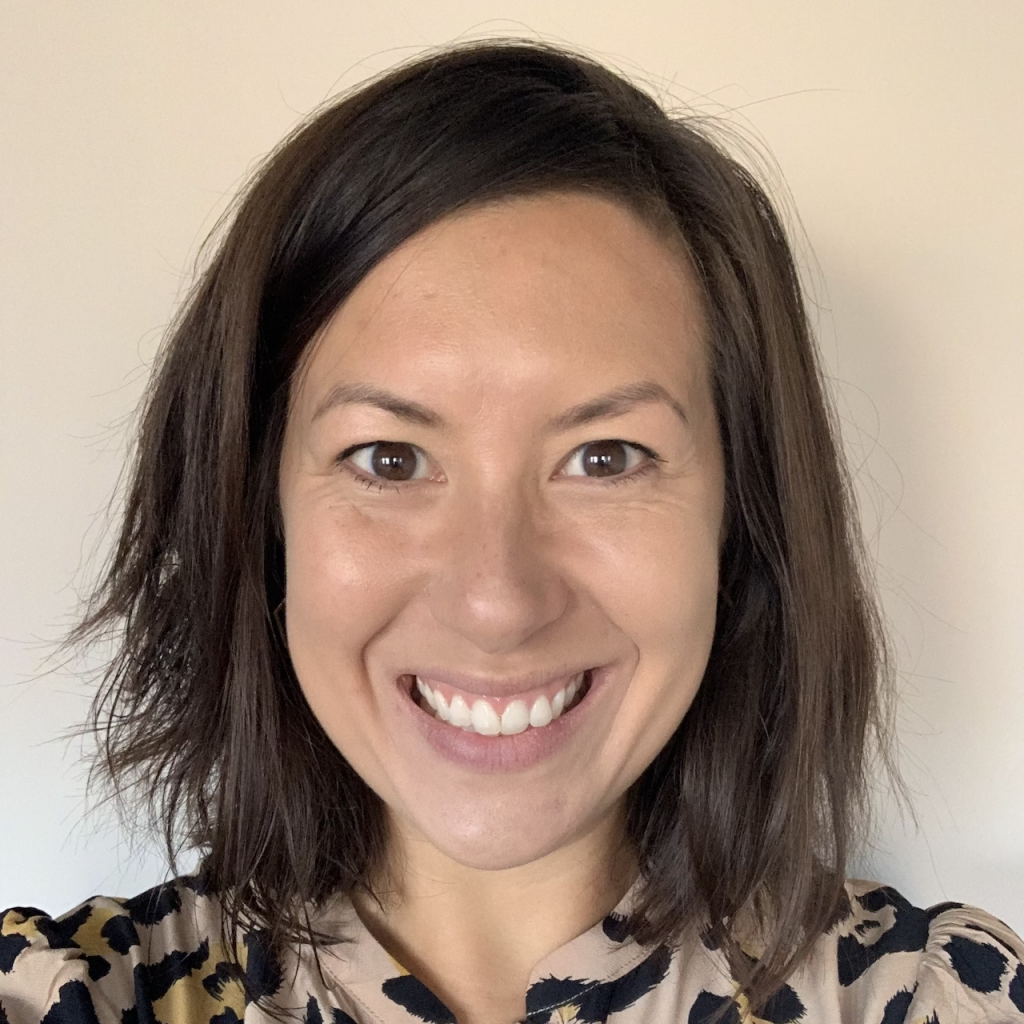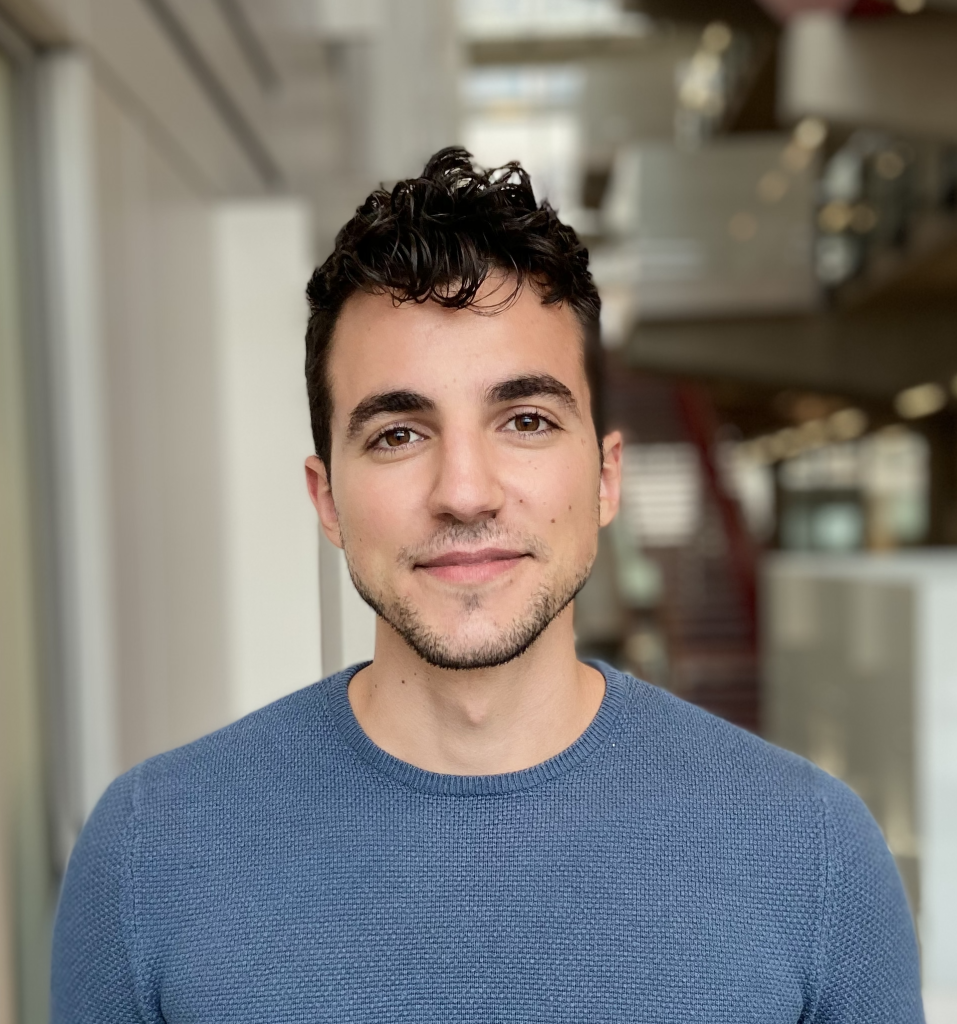Scroll below to find out more about us, what we do, like and where do we come from. Or if you are interested in knowing what people from the lab went on to do, see here.
Juanma Vaquerizas | Group Leader
Srishti Arya | PhD Student
Irina Balaguer | PhD Student
Jahnavi Bhaskaran | PhD Student
Melanie Chan | Post-Doc, Post CCT Research Fellow
Fabian Groll | PhD Student
Benjamín Hernández-Rodríguez | Postdoctoral Fellow
Liz Ing-Simmons | Postdoctoral Fellow
Christos Kalaitzis | PhD Student (joint with the Metzis lab)
Sara Llorente Armijo | PhD Student
Paul-Georg Majev | PhD Student (joint with the Adams lab)
Noura Maziak | PhD Student
Maria Rigau | Postdoctoral Fellow
Quirze Rovira | Postdoctoral Fellow
Juanma Vaquerizas | j.vaquerizas@lms.mrc.ac.uk
Follow @vaquerizasjm
Juanma (Spanish short form for ‘Juan Manuel’) studied Molecular Biology and Biochemistry at the Universidad Autónoma de Madrid, Spain. He received his PhD from the Spanish National Cancer Centre and Universidad Autónoma de Madrid (2008) where he worked on the characterisation of the human transcription factor repertoire (Vaquerizas et al., 2009). Juanma trained as a postdoctoral fellow with Prof. Nick Luscombe at the EMBL – European Bioinformatics Institute in Cambridge, UK. Here, in collaboration with Asifa Akhtar’s laboratory he focused on the study of the dosage compensation mechanism in Drosophila melanogaster (Kind et al., 2008; Vaquerizas et al., 2010; Conrad et al., 2012). Since 2012, Juanma is a Max Planck Research Group Leader at the MPI in Muenster.
On top of science, Juanma also enjoys rowing, cycling, tech-stuff and playing the guitar with his band.
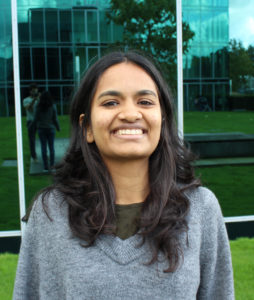
Jahnavi Bhaskaran | j.bhaskaran21@lms.mrc.ac.uk
Follow @jahnavi_bhask
Jahnavi completed her Bachelor’s in Biotechnology in India and her Master’s in Biology at ETH Zurich. She was first introduced to computational biology in Tuncay Baubec’s lab at University of Zurich where she was studying DNA methylation in cancer. During her PhD, she plans to combine her new-found interest in high-dimensional data with her longstanding interest in cancer biology.
Jahnavi enjoys Carnatic music, Bollywood dance and most importantly, Pongal-Sambar with a lot of ghee.
“To confront cancer is to encounter a parallel species, one perhaps more adapted to survival than even we are.” – The Emperor of All Maladies
Melanie Chan | m.chan@imperial.ac.uk
Follow @drmelaniechan
Melanie studied medicine at the University of Cambridge, UK and trained to be a kidney doctor in London where she developed a clinical and research interest in inherited kidney disease and developmental abnormalities of the kidneys and urinary tract. During her PhD at UCL she used large-scale whole genome sequencing data to gain novel insights into the underlying genomic architecture of urinary tract malformations. She was awarded the 2023 UK Kidney Association Raine Award for her contribution to kidney research as a junior investigator. She joined the lab in September 2023 to investigate the gene-regulatory networks important for lower urinary tract development.
When not chasing around after two small people, Melanie enjoys reading and tennis.
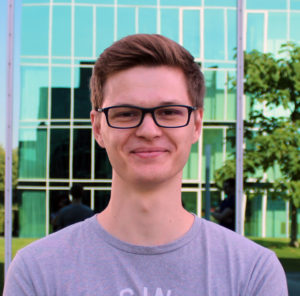
Fabian Groll | f.groll@lms.mrc.ac.uk
Fabian studied biology at the RWTH Aachen university, where he specialised in cellular and molecular biology. During his masters thesis, Fabian examined the role of the Notch-3 receptor in autoimmune diseases. After joining the lab as part of the CiM-IMPRS graduate program in 2018, Fabian will focus on examining zygotic genome activation during early embryogenesis.
Fabian likes computers, sport and learning new things.
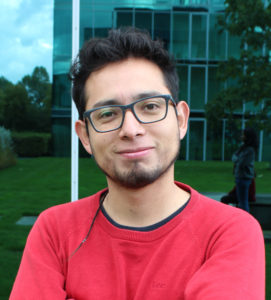
Benjamín Hernández Rodríguez | benjamin.hernandez-rodriguez@mpi-muenster.mpg.de
Follow @bhernanr
ORCiD: https://orcid.org/0000-0002-5118-8715
Benjamín studied genomic sciences at the National Autonomous University in Mexico. He joined the Vaquerizas lab at the Max Planck Institute for Molecular Biomedicine first as an undergraduate student and then as a ZENCODE-ITN PhD student studying the evolution of 3D genome organisation. Benjamin defended his PhD thesis in June 2023.
It is known that there are an infinite number of worlds […] However, not every one of them is inhabited. Therefore, there must be a finite number of inhabited worlds. Any finite number divided by infinity is as near to nothing as makes no odds, so the average population of all the planets in the Universe can be said to be zero. From this it follows that the population of the whole Universe is also zero, and that any people you may meet from time to time are merely the products of a deranged imagination.
Benjamín likes books, surfing… the www and daydreaming.
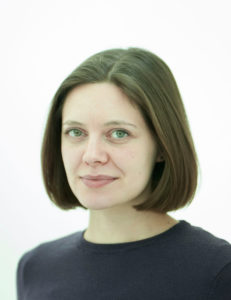
Liz Ing-Simmons | liz.ing-simmons@lms.mrc.ac.uk
Follow @liz__is
Liz studied Natural Sciences at the University of Cambridge, UK, and then did a Masters in Systems Biology at the same university, during which she was introduced to the power of computational biology. During her PhD at the MRC Clinical Sciences Centre (now MRC London Institute of Medical Sciences), Liz investigated the role of the cohesin complex in genome organisation and its effects on gene regulation by enhancers. She joined the lab in March 2017 to work on genome organisation in Drosophila.
Liz likes R, reproducibility, cooking, and tea. When not thinking about science she is probably thinking about food.
Christos Kalaitzis | christos.kalaitzis19@imperial.ac.uk
Follow @ChristosKltzs
Christos obtained a BSc (Hons) in Genetics from the University of Sussex in 2019. He completed an MSc in Human Molecular Genetics at Imperial College London in 2020, where his final project in the Lovell-Badge lab at the Francis Crick Institute focused on the transcription factor FOXL2 in craniofacial development and adult pituitary hormonal lineage specification.
Staying at the Crick, Christos then worked as a Laboratory Research Officer with the Briscoe lab, where he studied the molecular mechanisms of how cis regulatory elements work to direct gene expression in the developing spinal cord.
In 2022, Christos joined the Metzis lab in collaboration with the Vaquerizas and Di Giovanni labs at Imperial College London as a SAMURII PhD student, focusing on spinal cord injury repair mechanisms.
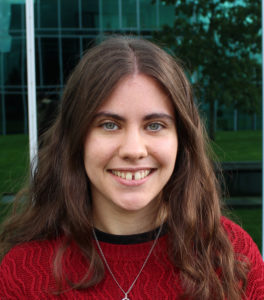
Sara Llorente Armijo | s.llorente-armijo20@lms.mrc.ac.uk
Follow @LlorenteArmijo
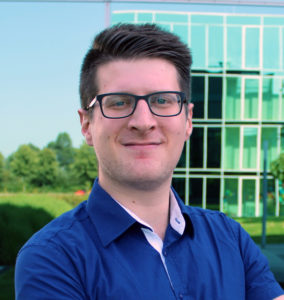
Paul-Georg Majev | paul-georg.majev@mpi-muenster.mpg.de
Follow @PGREKM
Paul-Georg studied Biology in Hamburg and Freiburg. During his Master’s Thesis in Wolfgang Hess’ Lab at the University of Freiburg he investigated the interactions of the two ncRNAs Yfr22 and Yfr23 in Picocyanobacteria. Leaving the oceans behind, Paul-Georg joined the Department of Tissue Morphogenesis, headed by Ralf Adams, at the MPI in Muenster to examine how vascular cells in mouse long bones interact with other cells in the surrounding tissue and may mediate bone growth and maintenance. In this undertaking Paul-Georg proudly resides at and is co-supervised by the Vaquerizas Lab.
If he is not sitting behind a computer screen for work, Paul-Georg is often found sitting behind a computer screen just for fun. If he is not there, he is probably ballroom dancing, going to the opera or just enjoying nature.
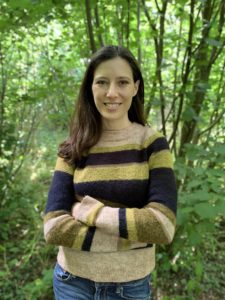
Maria Rigau | m.rigau@lms.mrc.ac.uk
Follow @M_Rigau
Maria studied Human Biology at Universitat Pompeu Fabra and completed her Master’s in Biomedical Research at Universitat de Barcelona, Spain. After doing internships in the Genetics Departments of both universities, she worked for a year at the Tissue Engineering laboratory in Linz, Austria. After that, she started a computational biology PhD at the Spanish National Cancer Research Center (CNIO) and Universidad Autónoma de Madrid, where she studied the functional impact of structural variants and their evolutionary implications. She finished her PhD in 2019 and joined the lab in March 2020, with the aim of studying the regulatory role of transposable elements in early human development.
Maria likes travelling, eating and spending time with her friends.
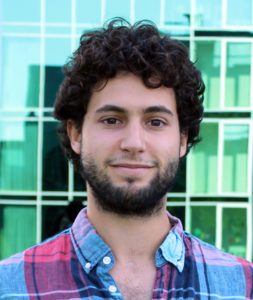
Quirze Rovira | quirze.rovira-castella@mpi-muenster.mpg.de
Follow @quirze92
Quirze did his Bachelor in Biology at the University of Girona. During his Bachelor thesis, he started studying transposable elements (TEs) in the Gonzalez Lab at the Institute of Evolutionary Biology (IBE-CSIC-UPF). Quirze then pursued a MSc in Bioinformatics at the Autonomous University of Barcelona and joined Manuel Irimia’s lab at the Center for Genomic Regulation (CRG) to study the role of TEs in the regulation of alternative splicing during early development stages of mammalian genomes. As part of ZENCODE-ITN Quirze will investigate the regulation and expression of TEs in Zebrafish, particularly interested in the developmental stages.
Nothing in bioinformatics makes sense except in the light of biology.
Nothing in biology makes sense except in the light of evolution.
Nothing in evolution makes sense except in the light of DNA.
Quirze loves playing Ultimate Frisbee, explore the wild and travel to new places.
